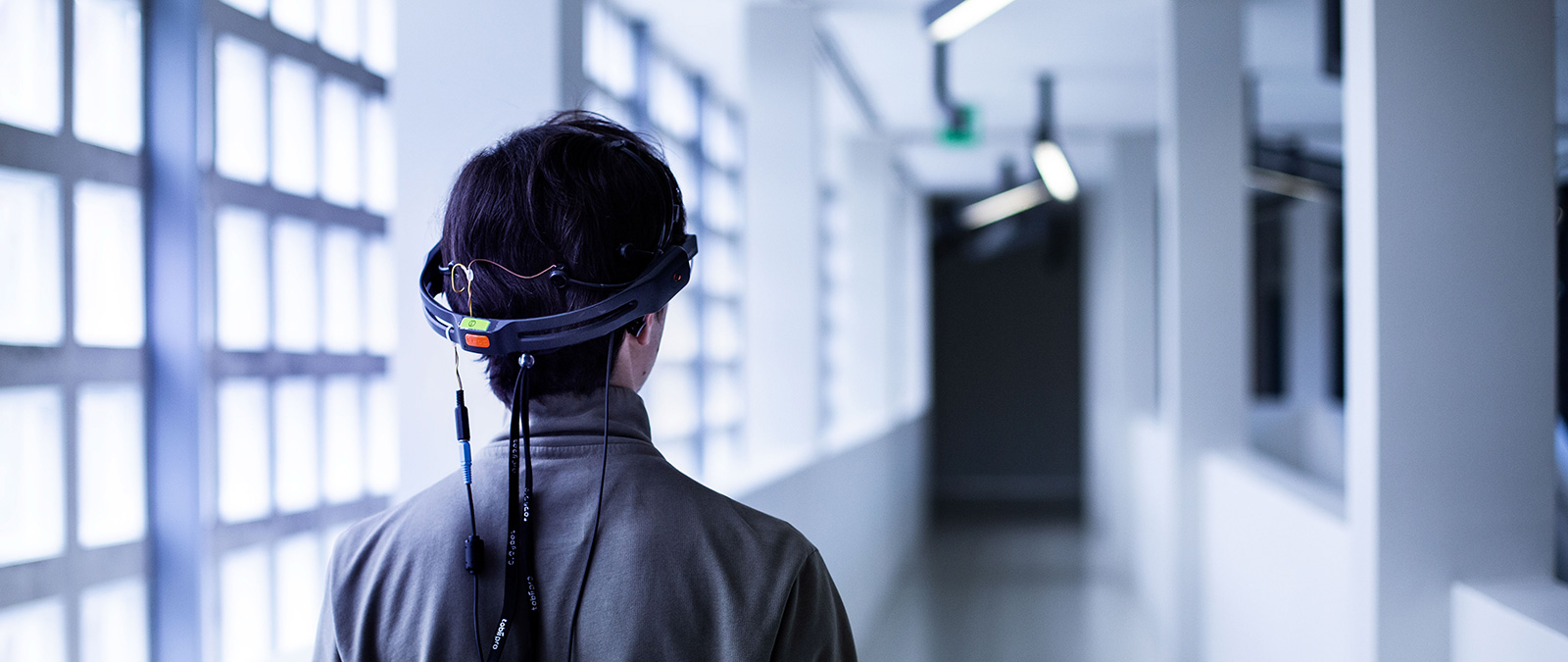
The effects of personalisation of service in the hospitality sector
Year 2019
The objective of the study is to investigate the impact of personalisation of services in the hospitality sector with particular attention to (1) psychological and communication variables (e.g. change in the customer's perception of quality and increase in online reputation) and (2) economic variables (e.g. impact on prices and profitability)
Customization (the ability to adapt products and services to the needs of each customer) is often enabled by information systems that improve service performance through customization to increase customer value (Piccoli, Brohman, Watson, & Parasuraman, 2004). In information system studies, Customer Relationship Management (CRM) is defined as the use of IT to effectively manage customer relations (Chen and Popovich, 2003; Sin et al., 2005; Reinartz et al., 2004, p. 296). More recently, the academic debate on CRM in the hospitality sector has shifted to the concept of service customisation (Piccoli, Lui, & Grün, 2017) and co-creation of services/value with customers (Neuhofer et al., 2015)
Our study falls within this recent debate by analyzing 50 hotels using Hoxell.com, an advanced CRM already studied in literature as smart technology (Neuhofer et al., 2015) that can provide personalized and well-remembered experiences (Piccoli et al., 2017) through the (co) creation of greater value for the customer (Piccoli, 2014).
From a methodological point of view, the research involves the application of:
- traditional methods of statistical analysis: (i) regressions to evaluate the impact of customization (use of Hoxell) on online reputation; (ii) automatic textual analysis to cluster reviews with semantic similarity techniques; (iii) correlations between the variability of the Tripadvisor rating and the variance of the ADR STR;
- methods of network analysis and artificial intelligence to evaluate the relationships between the variables and the cause-effect aspects of these in order to also be able to simulate corrective action.